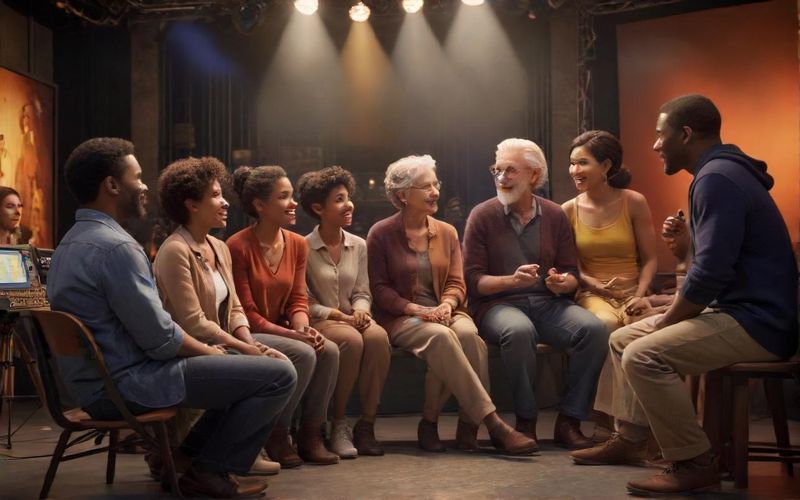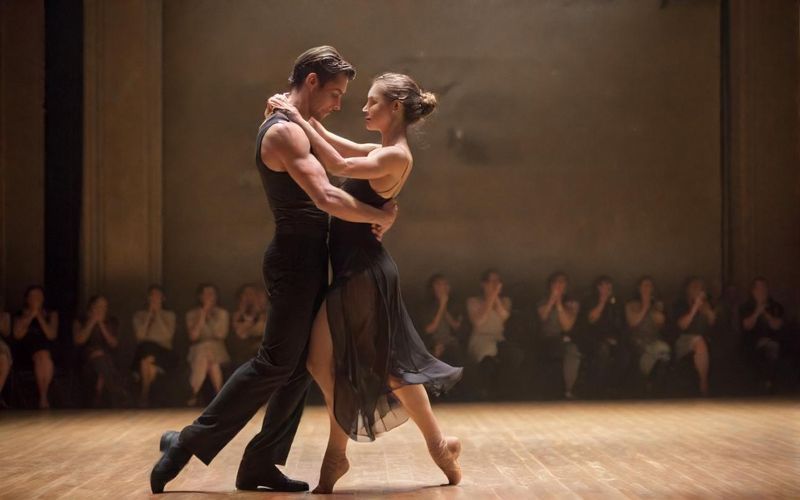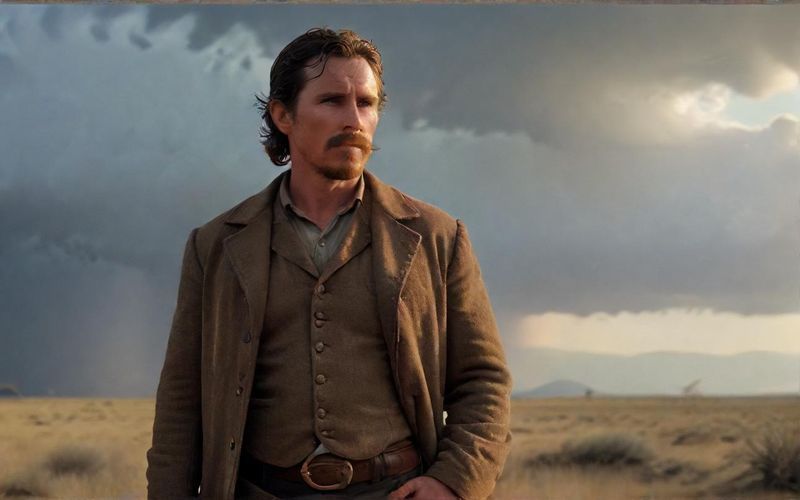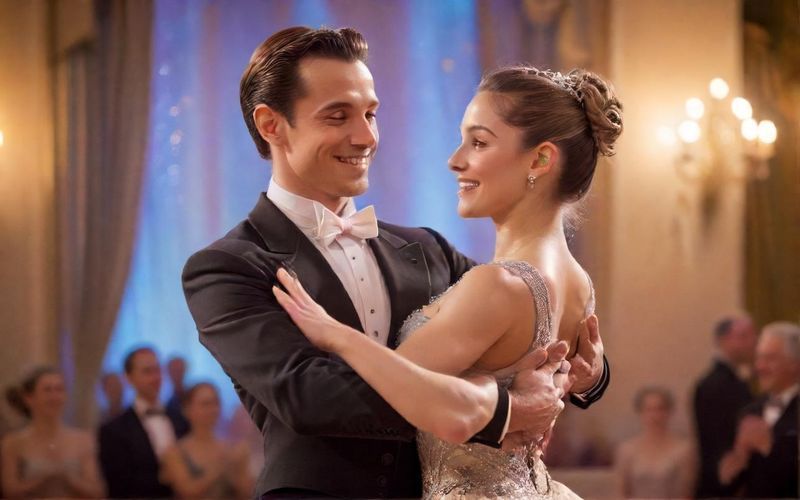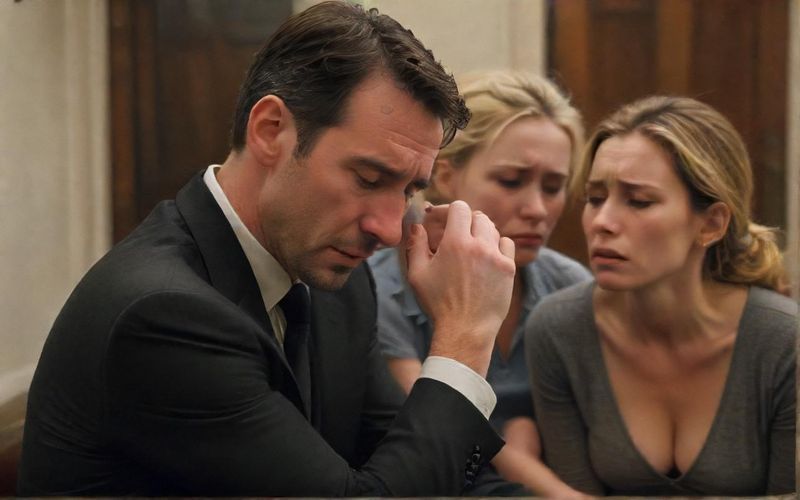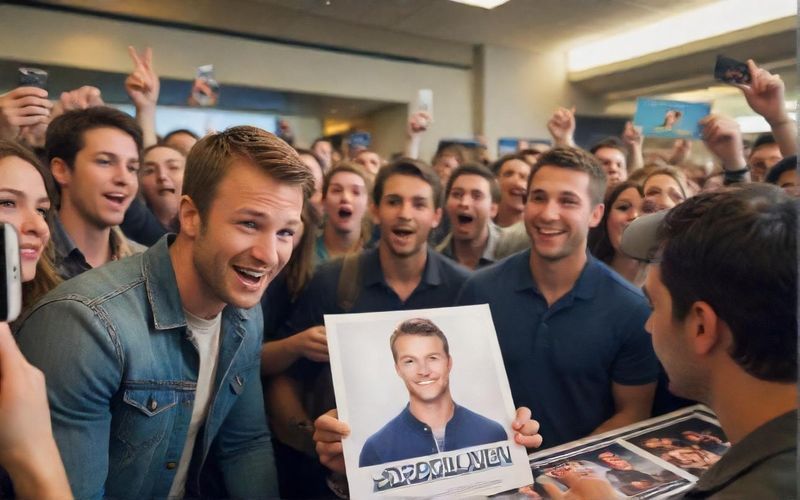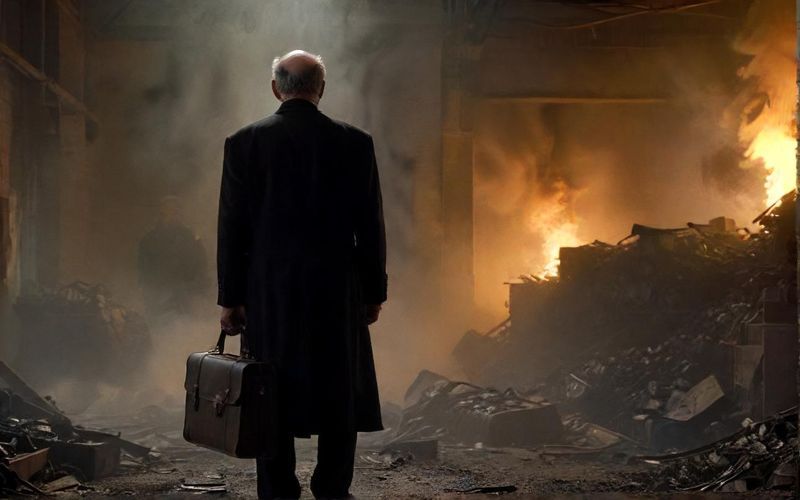Roofman: Fugitive's Toys "R" Us Hideout Now Film
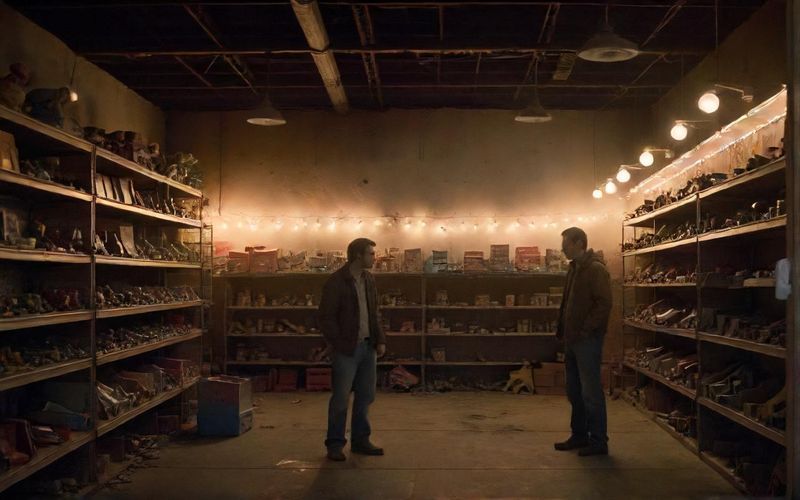
As reported by the Associated Press, Manchester, an army veteran, wasn't just hiding; he was living a double life. He'd attend church, even date Leigh Moore, who was going through a tough time after a divorce. She described him as handsome, charming, and someone who made everyone feel comfortable. It’s hard not to feel a pang of empathy for her, blindsided by the revelation that the man she was growing close to was on America’s Most Wanted. Imagine the shock, the utter devastation of discovering your world has been built on a lie. It highlights how, even in our most trusting moments, we can be vulnerable.
The filmmakers themselves, as detailed in articles from The Associated Press and Variety, went to extraordinary lengths to bring this story to life. Director Derek Cianfrance, known for his immersive approach, famously recreated an entire abandoned Toys "R" Us, stocking it with period-accurate toys. Channing Tatum, who plays Manchester, spoke about how this environment allowed him to truly inhabit the character, even mentioning how the director encouraged him to explore different comedic and dramatic takes. It makes you wonder about the power of environment in shaping not just a performance, but our perception of truth.
What’s particularly fascinating is the nuance in how Manchester is portrayed, and how the real Leigh Moore views him now. She’s come to see him as a friend, emphasizing that he made bad decisions but isn't evil. Tatum echoed this sentiment, noting that Manchester himself said, “When I’m Happy Jeff, everything’s great. But when they break the deal, when they don’t give me what I’m supposed to have, Bad Jeff shows up.” It’s a thought-provoking glimpse into the complexities of human nature, suggesting that even those who commit serious transgressions have layers to their personality. In a world grappling with the implications of artificial intelligence in creativity, this emphasis on genuine human experience in Roofman feels particularly poignant. It begs the question: can stories like this, told with such depth and attention to human fallibility, help us understand ourselves and each other better?
